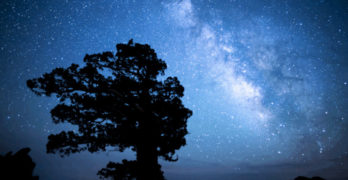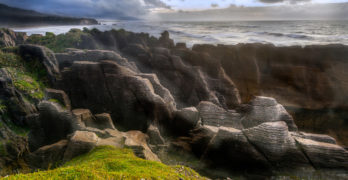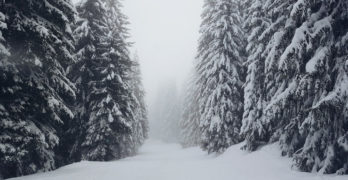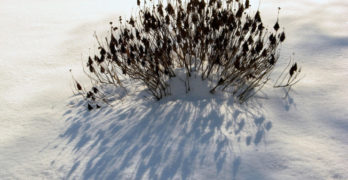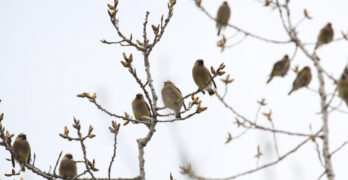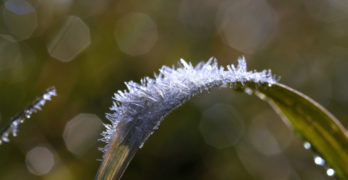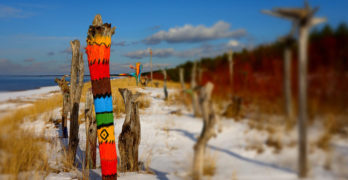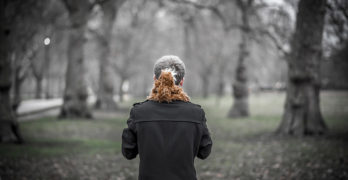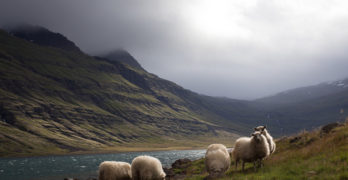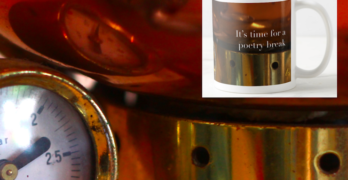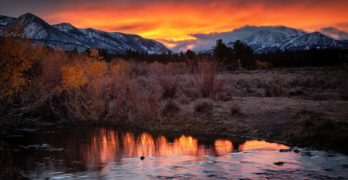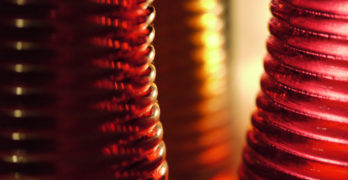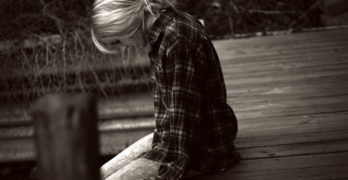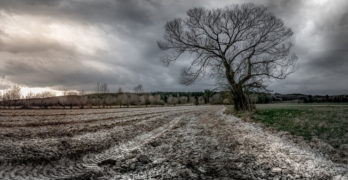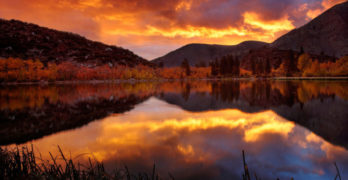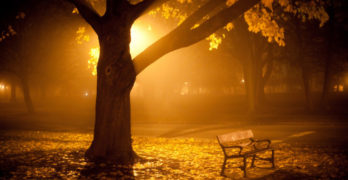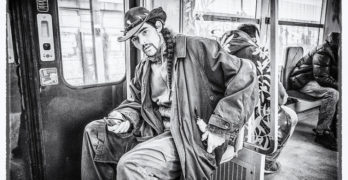Finding “Refusing Heaven” by Jack Gilbert in a Chicago-area bookstore leads to a consideration of what matters in these lives we live.
Francis Ledwidge: Reconsidering a War Poet
Irish poet Francis Ledwidge is not one of the better known poets of World War I, because he was an Irishman who fought for the British Army.
The Floodgate Poetry Series: Three Chapbooks
The Floodgate Poetry Series brings together three poetry chapbooks that demonstrate some of the beautiful poetry being written today.
Poets and Poems: Clive James and “Injury Time”
Once told he had only months to live, Clive James wrote a book of poetry. The months became years, and now he’s written another, “Injury Time.”
Novel, Poetry, Both? Max Porter and “Grief Is the Thing with Feathers”
“Grief Is the Thing with Feathers” by British author Max Porter is officially a novel, but it could also be poetry, or something else. And it’s wonderful.
Poets and Poems: Matt Duggan and “One Million Tiny Cuts”
“One Million Tiny Cuts” by poet Matt Duggan is a bold, angry collection of poems, full of vivid images and metaphors, and a kind of fist raised at society.
The T.S. Eliot Prize: “Night Sky with Exit Wounds” by Ocean Vuong
“Night Sky with Exit Wounds” by Ocean Vuong has won the 2017 T.S. Eliot Prize. It is a stunning, haunting, and disquieting collection.
Poets and Poems: Michael Pedersen and “Oyster”
“Oyster” by Scottish poet Michael Pedersen is a jarring, irreverent poetry collection that wallops you with unexpected tenderness.
Poets and Poems: Jennifer Wallace and “Almost Entirely”
“Almost Entirely” by Jennifer Wallace contains 73 poems that look deeply at what makes us human, and what is within us that keeps reaching for the divine.
Your Work Is Poetry: Poetry at Work Day 2018!
Today is Poetry at Work Day 2018. Most poets have day jobs, because poetry isn’t that lucrative a profession. But poetry is inherent in all work.
Poets and Poems: Tania Runyan and “What Will Soon Take Place”
The 54 poems of “What Will Soon Take Place” by Tania Runyan are inspired by an unexpected source — the Book of Revelation in the Bible.
Poets and Poems: Sinead Morrissey and “On Balance”
“On Balance,” the new poetry collection by Sinead Morrissey, reminds us that technology brings both the good and the tradeoff.
Rediscovering “Great Expectations” by Charles Dickens
“Great Expectations” by Charles Dickens is one of his best and most beloved novels, one he initially described as “fine, new, and grotesque.”
Poets and Poems: Nikita Gill and “Wild Embers”
“Wild Embers” by Nikita Gill, comprising 113 relatively short poems, is a snapshot of a poet’s popularity on social media.
Poets and Poems: Caroline Bird and “In These Days of Prohibition”
“In These Days of Prohibition” by poet Caroline Bird forces us to see the meaning of ourselves and the life around us in different and unexpected ways.
Poets and Poems: Simon Armitage Translates “Pearl”
British poet Simon Armitage has translated the late Middle English poem “Pearl,” a beautiful poem about a father’s grief and how he resolves it.
Poets and Poems: Tara Skurtu and “The Amoeba Game”
In “The Amoeba Game,” poet Tara Skurtu explores her American and Romanian roots and writes about life, childhood, self-discovery, and identity.
What Made 1922 a Literary Watershed Year?
In 1922, everything changed in literature, as James Joyce’s “Ulysses” and T.S. Eliot’s “The Waste Land” brought modernism to fiction and poetry.
Poe, Rilke, and Our Black Cat
This Halloween, your black cat can be the instrument of vengeance in the Poe story, or the amber-eyed feline in the poem by Rilke. Or it can be like Kiddy.
Poets and Poems: Luke Kennard and “Cain”
In “Cain: Poems,” British poet Luke Kennard has brought the biblical character of Cain into contemporary life, with funny and poignant results.
